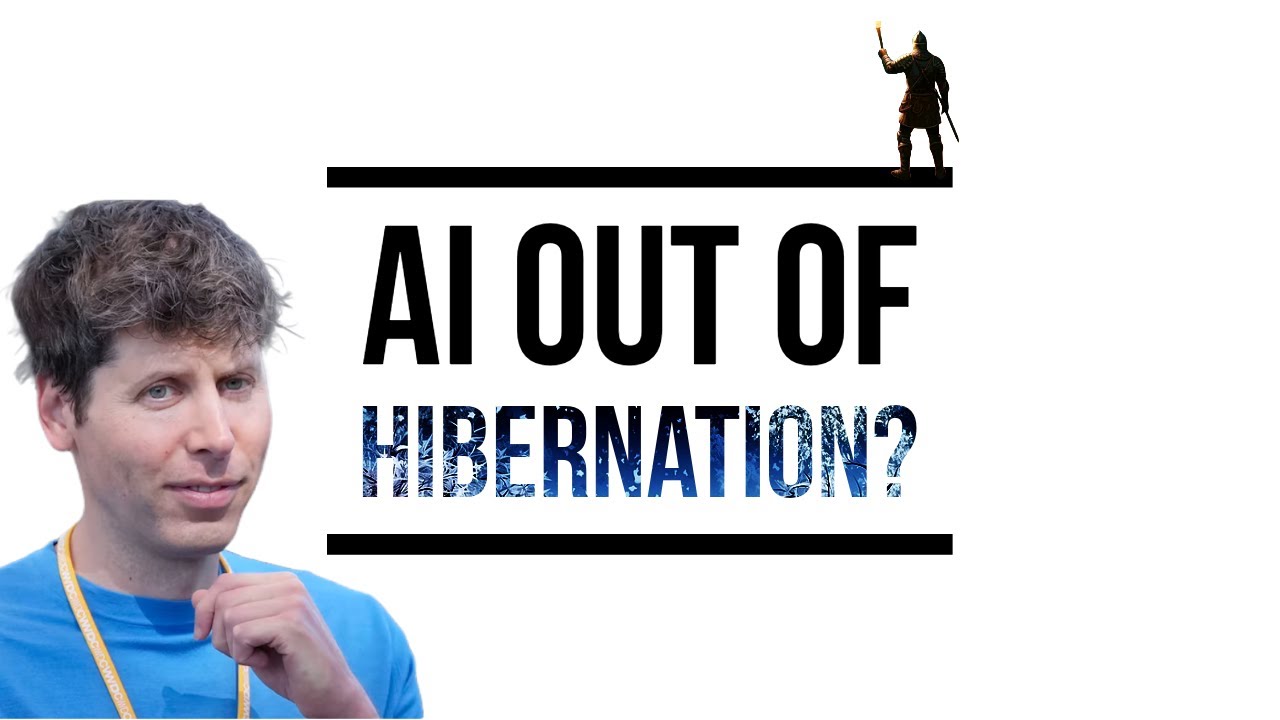The video discusses recent announcements from OpenAI and Google DeepMind, including the anticipated release of OpenAI’s text-to-video generator Sora and DeepMind’s Genie 2, which creates interactive worlds from images. The host emphasizes ongoing challenges with AI reliability and generalization, while encouraging viewers to explore current AI tools and remaining optimistic about future advancements.
In a recent video, the host discusses the recent announcements from OpenAI and Google DeepMind, highlighting a potential end to a lull in AI news. OpenAI has teased a series of releases over the next 12 days, which may include the long-awaited text-to-video generator called Sora. Initially showcased in February, Sora has generated excitement due to its impressive demo videos, although a leaked version has shown mixed results. The host speculates that a faster, lower-quality version of Sora, referred to as Sora Turbo, may also be in the works. Additionally, OpenAI’s new model, 01, is expected to be released, which promises to be the smartest model for mathematics and coding.
The video also covers Google DeepMind’s announcement of Genie 2, a model that can transform any image into an interactive, playable world. The host notes the irony of discussing Genie 2 shortly after interviewing Tim Rocktashel, who coordinated the project. Genie 2 aims to create immersive environments from single images, allowing users to interact with these worlds through keyboard actions. However, the host points out that the outputs are not yet high-resolution and can exhibit strange behaviors, such as characters acting unexpectedly.
The host raises concerns about the reliability of AI models, particularly regarding hallucinations and inaccuracies in generated outputs. Despite the advancements in AI, the CEO of Nvidia has stated that resolving these issues may still be years away. The host emphasizes that while models like Sora and Genie 2 can produce creative outputs, they often lack the reliability needed for accurate physics and reasoning. This unreliability stems from the way these models learn, relying on a collection of heuristics rather than cohesive algorithms.
The discussion also touches on the limitations of current AI models in generalizing knowledge across different types of reasoning. The host references a recent paper that suggests models do not effectively transfer learning from one domain to another, which could hinder their development towards achieving AGI. The video concludes with the host mentioning various AI tools available for users today, including Assembly AI’s Universal 2 Speech-to-Text model, which has shown promising performance in transcription tasks.
In summary, the video highlights significant developments in AI from OpenAI and Google DeepMind, while also addressing ongoing challenges related to model reliability and generalization. The host encourages viewers to explore available AI tools and remains optimistic about the future of AI technology, despite the hurdles that still need to be overcome.
